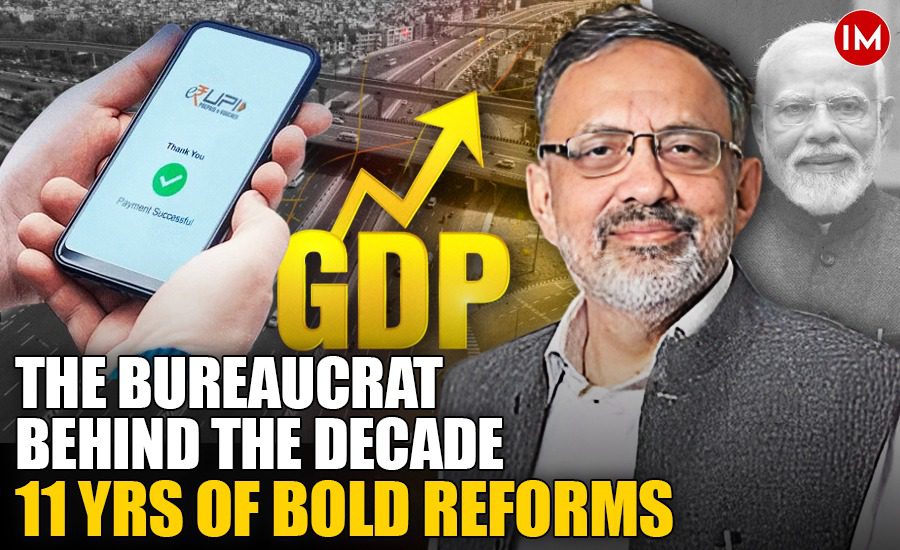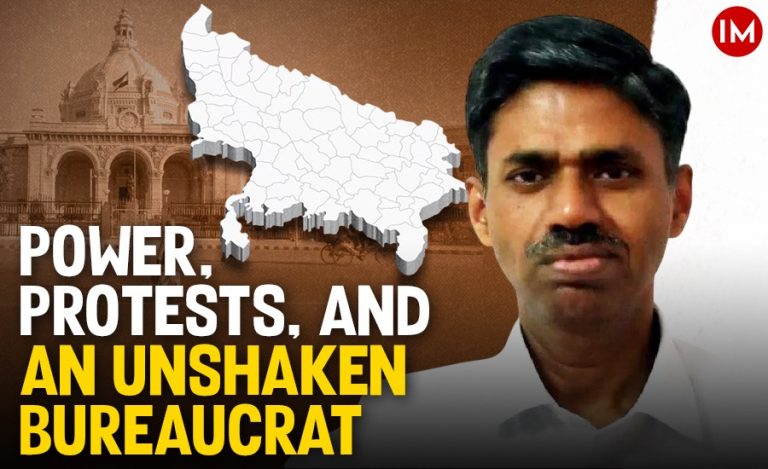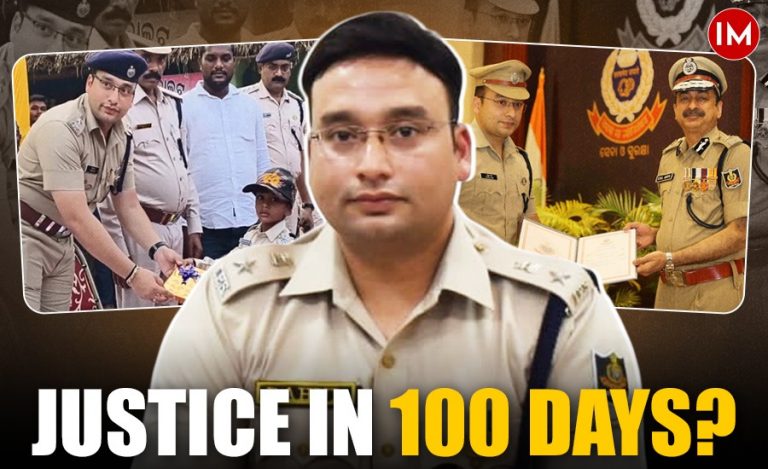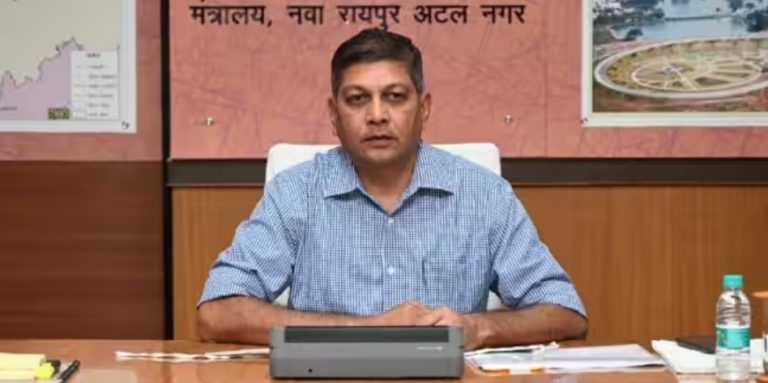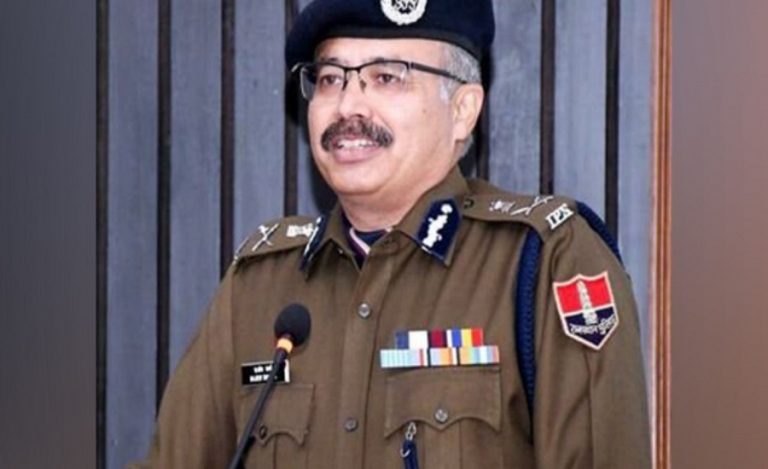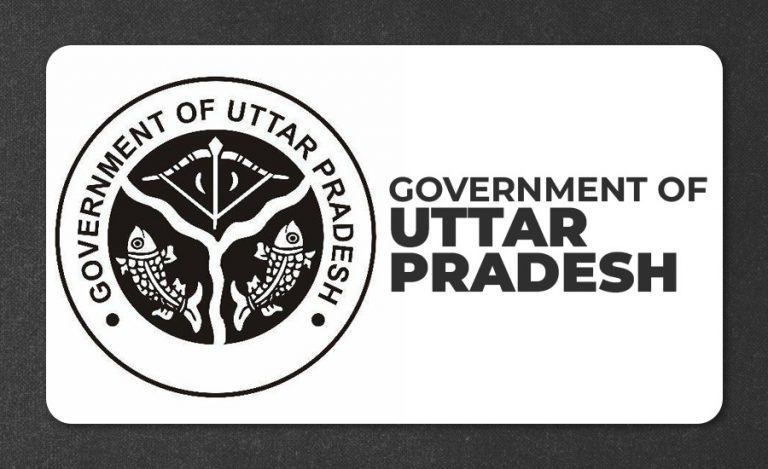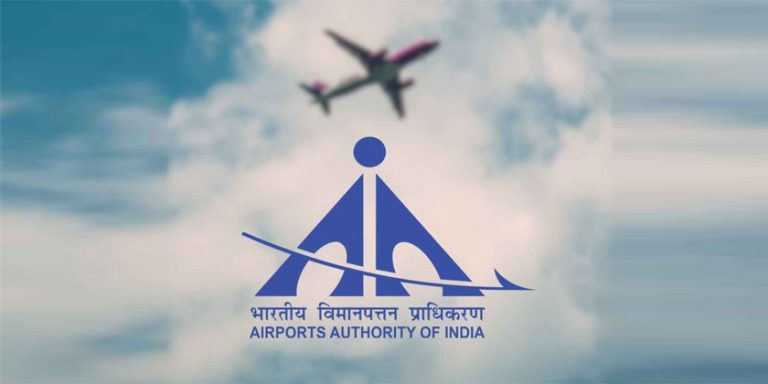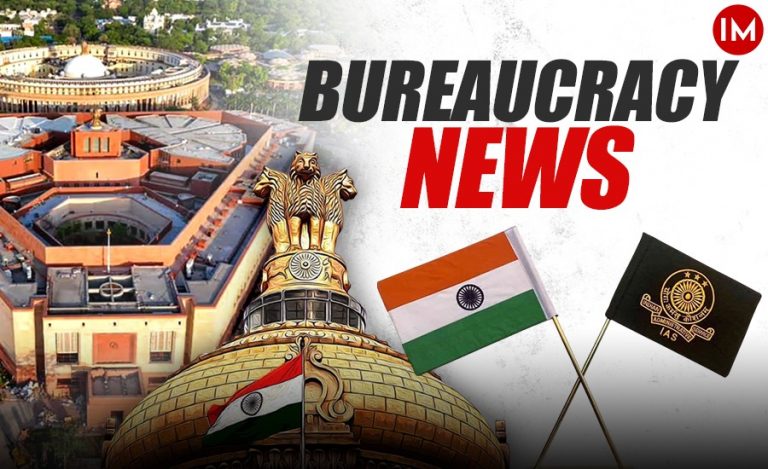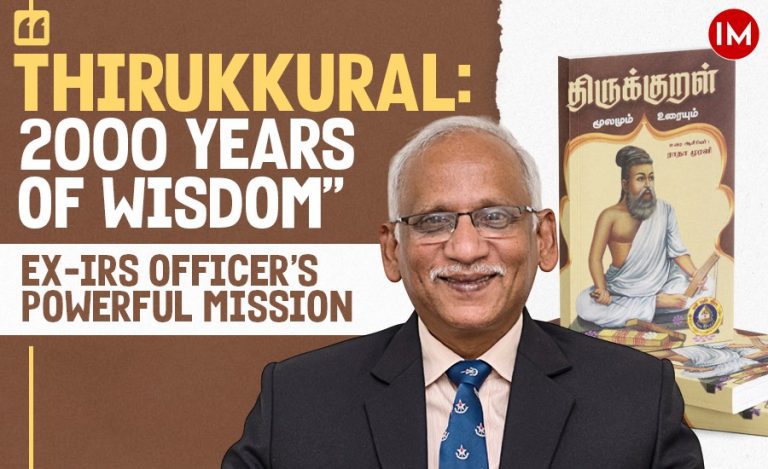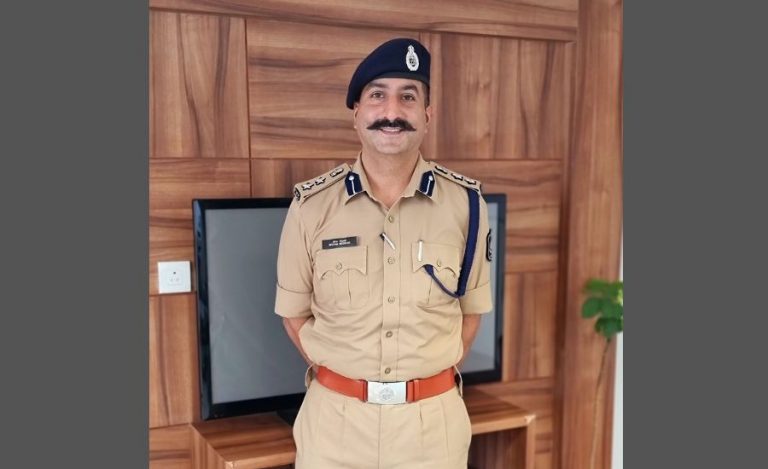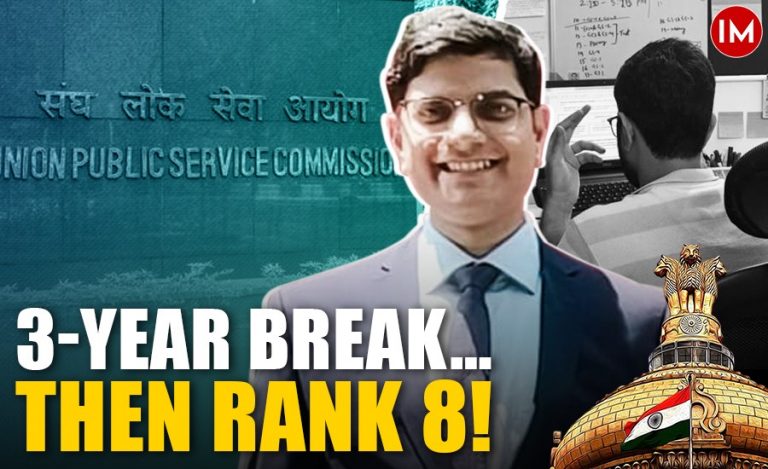As the Indian government reflects on 11 years of its tenure since 2014, few figures embody its ambitious agenda of economic reform, urban progress, and national security as profoundly as Rajiv Gauba. A retired Indian Administrative Service (IAS) officer from the 1982 Jharkhand batch, Mr Gauba has been a linchpin in shaping India’s governance landscape. His recent appointment as a member of NITI Aayog with the rank of Minister of State in early 2025 marks a new chapter for a man whose career has been defined by bold reforms and steady leadership.
From transforming Jharkhand’s economic fortunes to steering the nation through the COVID-19 crisis, Mr Gauba’s contributions over the past decade align seamlessly with the government’s vision. This feature delves into his remarkable journey, highlighting his pivotal roles as Chief Secretary of Jharkhand (2015-2016), Union Urban Development Secretary (2016-2017), Union Home Secretary (2017-2019), and the longest-serving Union Cabinet Secretary (2019-2024).
A FOUNDATION BUILT ON EXCELLENCE
Born on August 15, 1959, in Punjab, Rajiv Gauba’s early life took him to Bihar, where he pursued a BSc in Physics at Patna Science College, Patna University. Graduating in 1982 with a gold medal, he displayed an analytical rigour that would later define his approach to governance. Joining the IAS that same year, Mr Gauba began his career in Bihar, serving in roles like District Magistrate of Nalanda and Managing Director of the Bihar State Road Transport Corporation. These early experiences honed his ability to navigate complex administrative challenges, setting the stage for his impactful work during the government’s 11-year tenure.
REVITALISING JHARKHAND (2015-2016)
In 2015, Rajiv Gauba took on the role of Chief Secretary of Jharkhand, a state grappling with economic stagnation and Left Wing Extremism (LWE). His one-year tenure was nothing short of transformative. Mr Gauba spearheaded reforms that catapulted Jharkhand’s Ease of Doing Business ranking from the bottom to third among Indian states. He achieved this by dismantling outdated regulations, such as the Agricultural Market Cess and Boiler Room Inspections, which had stifled business growth. These changes created a welcoming environment for investment, aligning with the government’s push for economic competitiveness.
Beyond economics, Mr Gauba tackled LWE with a dual strategy of security and development. He deployed young, dynamic officers as District Magistrates and Superintendents of Police, established administrative camps in remote areas, and prioritised infrastructure like roads and bridges. These efforts brought governance closer to marginalised communities, reducing the influence of extremism while fostering inclusive growth.
SHAPING URBAN INDIA (2016-2017)
As Union Urban Development Secretary from 2016 to 2017, Mr Gauba played a central role in modernising India’s cities, a cornerstone of the government’s development agenda. He led flagship initiatives like the Smart Cities Mission, Swachh Bharat Mission, and the Atal Mission for Rejuvenation and Urban Transformation (AMRUT). The Smart Cities Mission integrated technology to improve urban infrastructure, from traffic management to public services. Swachh Bharat promoted nationwide cleanliness, transforming public spaces and sanitation practices. AMRUT focused on essential infrastructure—water supply, sewerage, and green spaces—enhancing the quality of urban life.
Mr Gauba’s ability to translate ambitious policies into tangible outcomes strengthened India’s urban framework, supporting the government’s vision of cities as economic hubs. His leadership ensured these programmes gained traction, laying the groundwork for sustainable urban growth that continues to benefit millions.
SECURING THE NATION (2017-2019)
From 2017 to 2019, as Union Home Secretary, Rajiv Gauba was instrumental in one of the government’s boldest moves: the abrogation of Article 370 in 2019. This decision, which revoked the special status of Jammu and Kashmir and reorganised the region into two Union territories, required meticulous planning to maintain stability. Mr Gauba’s strategic oversight ensured its smooth execution, earning him accolades for managing a complex and sensitive policy with precision. He also contributed to the National Action Plan to Combat Left Wing Extremism, further solidifying national security—a key priority of the government’s 11-year tenure.
His work in the Home Ministry demonstrated an ability to handle high-stakes challenges, balancing policy objectives with operational realities. Mr Gauba’s contributions helped advance the government’s goal of a unified and secure India, addressing longstanding issues with clarity and decisiveness.
STEERING THE NATION AS CABINET SECRETARY (2019-2024)
Appointed Union Cabinet Secretary in 2019, Rajiv Gauba served until August 30, 2024, becoming India’s longest-serving Cabinet Secretary with a five-year tenure, extended multiple times by the Appointments Committee of the Cabinet. As the government’s top civil servant, he coordinated inter-ministerial efforts, ensuring policies were implemented efficiently across sectors. His tenure coincided with the COVID-19 pandemic, one of the most significant challenges of the government’s 11 years. Gauba’s leadership was critical in orchestrating a cohesive national response, from health measures like lockdowns and vaccination drives to economic recovery initiatives that cushioned the pandemic’s impact.
He also championed reforms like reducing compliance burdens for businesses and decriminalising minor offences, aligning with the government’s aim to simplify governance and boost economic activity.
A NEW ROLE AT NITI AAYOG
In early 2025, Rajiv Gauba joined NITI Aayog, India’s premier think tank, with the rank of Minister of State. Tasked with advising on economic and developmental policies, he is poised to shape the next phase of India’s growth. NITI Aayog’s focus on cooperative federalism and sustainable development aligns with Mr Gauba’s expertise in governance, urban planning, and economic reform. He is expected to contribute to initiatives like the ‘One District, One Product Policy,’ which promotes regional economies by highlighting local products, and other programmes aimed at balanced growth.
Rajiv Gauba’s demanding career has been balanced by a private family life. Married to Pammi Gauba, a dean at Jaypee Institute of Information Technology, he is a father to two children. His ability to maintain this balance highlights a disciplined approach, offering a glimpse into the man behind the bureaucrat.
A LEGACY OF IMPACT
Over the past 11 years, Rajiv Gauba’s contributions have been integral to the government’s transformative agenda. In Jharkhand, he turned a struggling state into a business-friendly hub. In urban development, he laid the foundation for modern, liveable cities. In national security, he executed complex policies with precision. As Cabinet Secretary, he navigated a global crisis while advancing economic and administrative reforms. Each role reflects his alignment with the government’s priorities: growth, security, and efficiency.
Rajiv Gauba’s career is a masterclass in public service, showing how strategic thinking and pragmatic execution can drive systemic change. His work has touched millions, from urban residents enjoying cleaner cities to rural communities benefiting from better infrastructure. His ability to deliver results under pressure makes him a standout figure in the government’s 11-year journey.

